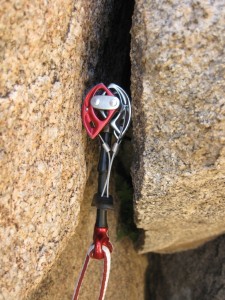Ritual
Virtual Videogame Hangouts
Neil Verma
Milton, Georgia
2020
Informant Data:
Neil Verma is an Indian-American male who lives in Milton, Georgia. He is currently a rising sophomore at Texas A&M university and studies computer engineering. He was supposed to be on campus during the Spring, but the coronavirus epidemic cut his time there short, so he is back home and has looked to other forms of entertainment in order to interact with his friends. He values his interactions with his friends, even if they are virtual, so these activities have become a daily routine for Neil.
Contextual Data:
Because of the coronavirus epidemic, many of the typical outdoor activities that many kids and teenagers alike enjoy have become impossible to do. As such, many kids have started relying on video games such as Call of Duty: Warzone to have fun and still interact with their friends. For many, these videogames have become daily parts of their lives, replacing the in-person interactions with safer online interactions.
Item:
Yeah… it definitely wasn’t ideal when I first heard I wouldn’t be able to go back to [Texas] A&M. As a freshman, I definitely felt like I had found my people and had gotten into the groove of college life. It’s great to be back home, but I still miss the new friends I’ve made in college. I know that I will see them at some point, but it’s still fun to interact with my friends by hopping on a [PS4] party with them. Pretty much every day now, I’ll get on [Call of Duty] Warzone with my friends from college and play a couple rounds with them, and I’ve found that even these virtual interactions can help me get through the difficulties of social distancing.
Aditya Choudhari, 20
12982 Waterside Drive
Milton, GA, 30004
Dartmouth College
RUSS 13
Spring 2020




